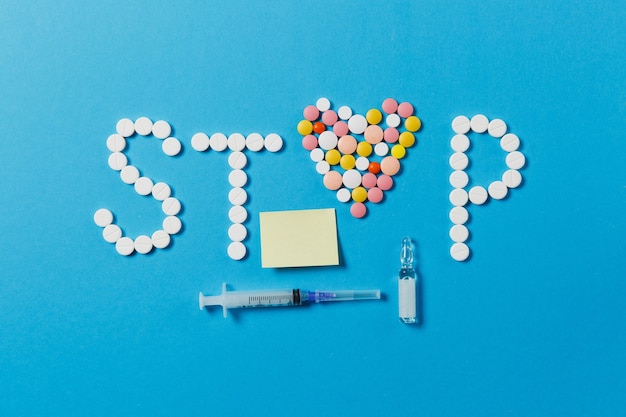
Misusing prescription drugs happens when you take someone else’s medicine or don’t use your own as directed. These drugs can include all sorts, such as painkillers or anxiety meds. Misuse can lead to serious problems like overdoses or even death. If you or someone you know struggles with this, please ask a healthcare professional for help immediately.
Let’s talk about five ways to prevent falling into drug addiction:
1) Don’t cave to peer pressure:
Often, people start using drugs because their friends are doing it. They think they’ll only use it as a fun thing once in a while, but end up getting hooked. If your friends try to pressure you into doing drugs, maybe they aren’t the best company. Look for friends who enjoy healthier hobbies that will do you good.
2) Reflect on your addiction:
Think about why staying clean is important to you, how addiction hurts, and how much better your life will be when you’re sober. A good way to do this is by keeping a daily journal. It might help you notice patterns, what triggers you, and what your goals and motivations are in overcoming addiction.
3) Find stress relief without drugs:
Life can be tough. Everyone has problems, even if it looks like they don’t from outside. Instead of turning to drugs in tough times, find things that help you relax and bring you peace. This can be music, a workout, creating art, reading a book, watching a movie, or spending time with someone you care about. It’s good to have a go-to list for when you’re feeling down.
4) Stick to the medication instructions:
Some prescription drugs can be highly addictive, with drug misuse often more deadly than illegal drugs. If you think you might have an addictive personality, be extra careful, especially with certain highly addictive prescriptions. Always follow your doctor’s instructions exactly, even for over-the-counter drugs. If you can’t trust yourself with it, ask someone you trust to give you the right amount.
5) Discuss risks with your doctor:
Make sure your doctor knows your medical history and if you’re worried about addiction. That will help them decide what’s best when they prescribe medications. Some medicines increase the risk of addiction more than others, and it’s never a bad idea to talk about possible side effects before starting any new meds.
Ending words:
If you or a loved one is struggling with addiction, remember, it’s never too late to seek help. The first step towards a drug-free life is to ask for support. After treatment, the steps mentioned could help prevent a relapse and keep your health on track.


